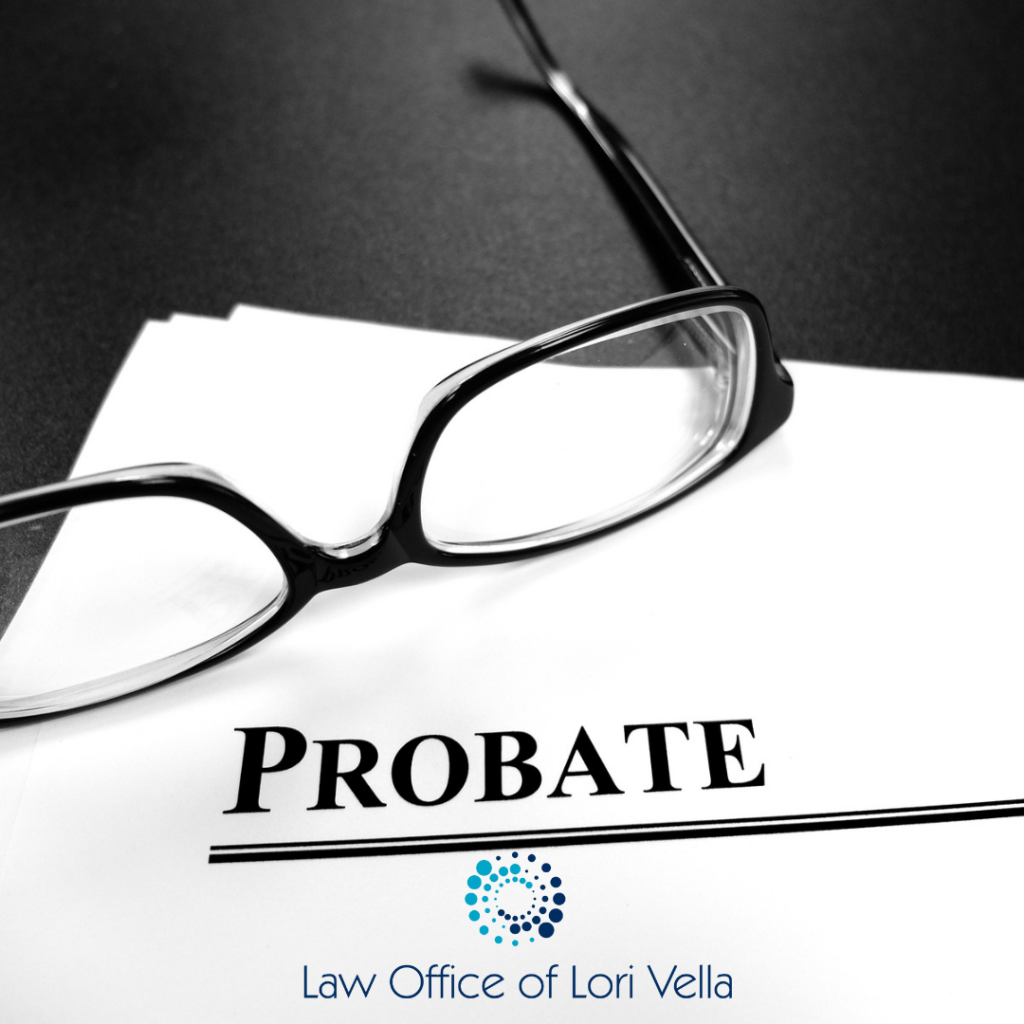The words “probate” or “court”, independent of each other, commonly cause anxiety and
sometimes, even fear. Those emotions are heightened when you or a loved one is faced
with having to go through the probate process after having suffered the loss of someone
near and dear.
In the event you or a loved one is confronted with a situation requiring probate, it is a
good idea to consult with an experienced probate attorney who can guide you through the
probate process. To get you started, below is a brief overview of what probate is and the
different types of probate available.
What is Probate?
It is a court process used to first identify the assets of a deceased person (the
decedent) and then to gather the decedent’s assets. Once the decedent’s assets have been
identified and gathered, the court, through the probate process, will pay the decedent’s
debts and distribute the remaining assets of the decedent to the decedent’s beneficiaries.
The Different Types of Probate
In Florida, there are three main types of probate — (1) Summary Administration, (2)
Formal Administration, and (3) Ancillary Administration.
An estate qualifies for Summary Administration if (1) the decedent has been dead for
more than two years or (2) the value of the entire probate estate subject to administration
in Florida (less the value of exempt property) is $75,000.00 or less.
If the decedent has not been dead for more than 2 years and the value of the decedent’s
entire probate estate subject to administration in Florida exceeds $75,000.00, a Formal
Administration is required. Formal Administration is usually a much lengthier and more
laborious process than Summary Administration.
If the decedent was not a Florida resident but died leaving assets in Florida, including real
or personal property, an Ancillary Administration may be required to distribute the
Florida property. Ancillary Administration is usually secondary to a domiciliary
administration, which takes place in the country or state where the decedent was
domiciled.
Where is a Probate Proceeding Initiated?
Typically, in Florida, the proceedings must be initiated in the county where the
decedent resided. If a decedent was not domiciled in Florida, the proceeding should be initiated in any county where the decedent’s property is located (if the decedent had property in Florida) or the county where any debtor of the decedent resides (if the decedent had no property in Florida).
What Assets are Handled through Probate?
It is a common misconception that all assets owned by a decedent are a part of the
decedent’s probate estate. Probate assets are assets individually owned by the decedent
and any assets with a beneficiary designation if the named beneficiary is the estate of the
decedent. Some examples of non-probate assets include:
- Property owned jointly with a right of survivorship or as tenants by the entirety.
- Accounts with pay-on-death (POD) or transfer-on-death (TOD) designations.
- Property held in trust, unless the trust instrument provides for payment to the decedent’s estate at the decedent’s death.
- Retirement accounts with designated beneficiaries other than the decedent’s estate.
- Life insurance proceeds and annuities with designated beneficiaries other than the decedent’s estate.
- Real Property with a TOD designation such as real property conveyed by a life estate or an enhanced life estate (Lady Bird) deed or property in which the decedent holds only a life interest.
Determining which assets are probate assets and which assets are not is an important part of the analysis an experienced probate attorney will conduct when evaluating the decedent’s estate. This analysis may dictate whether a formal administration is required or whether a less burdensome summary administration can be used.
Summary
The probate process can be a daunting, stressful, and time-consuming event for anyone,
let alone someone who recently suffered the loss of a loved one. Having an experienced
probate attorney by your side to navigate the process will undoubtedly help alleviate your
uncertainties, anxieties, and fears during this difficult time.
Lori Vella is an Estate Planning and Business Attorney. She works virtually throughout Florida and New York, but has her home office in Tampa, Florida. She is mom to a little boy which ignited the passion for helping other families. She and her son enjoy car rides, playgrounds and taking mini-adventures. They also have an organic garden that surprisingly yields vegetables. Lori considers herself well-versed in Seinfeld and welcomes any trivia!
Disclaimer: The Law Office of Lori Vella’s website contains general information directed to Florida residents. This firm does not intend to give legal advice through its pages and/or blog. If you need legal advice, we encourage you to find an attorney licensed in your state. This language on this website does not create an attorney-client relationship between you and this firm.

